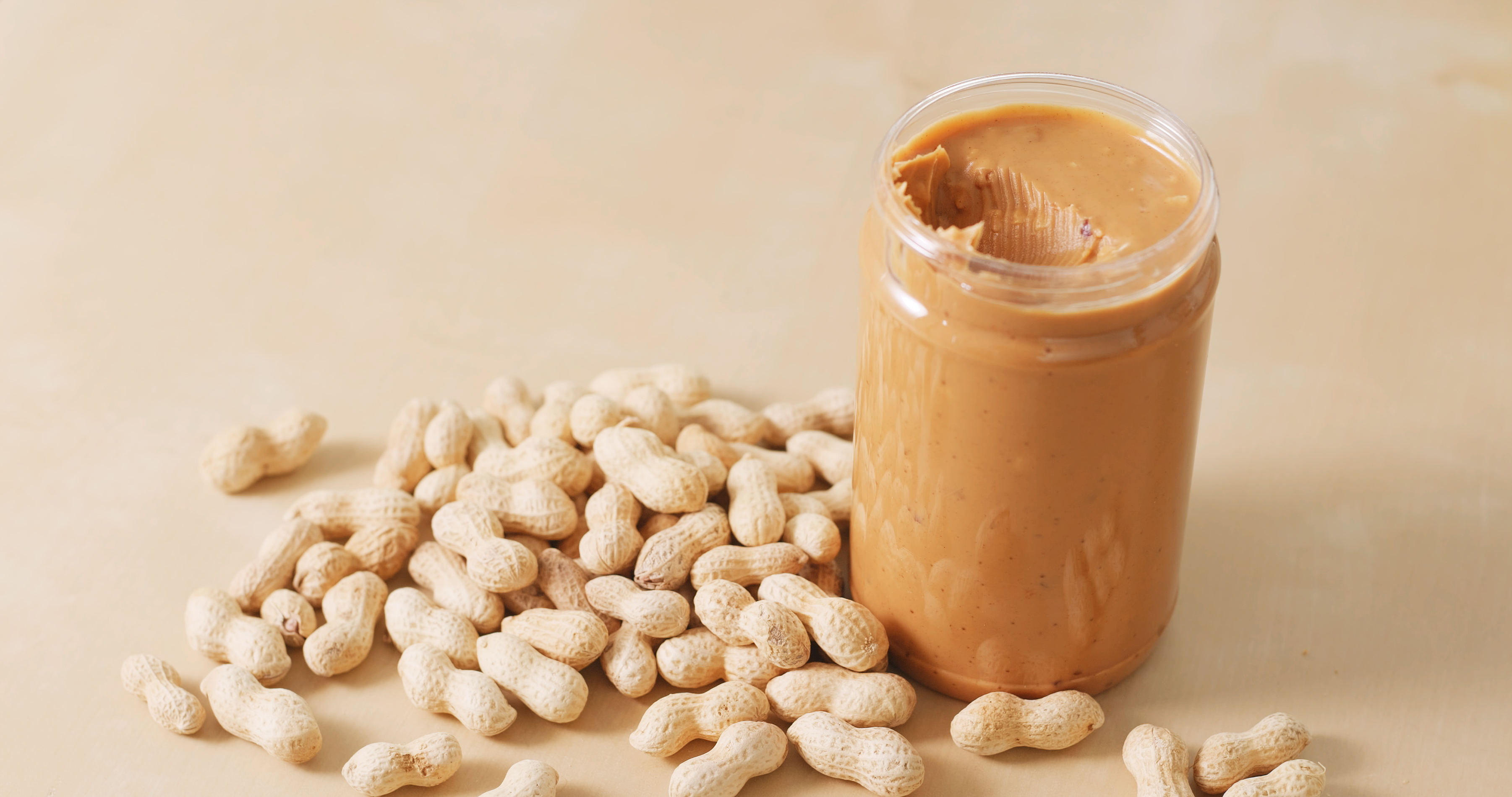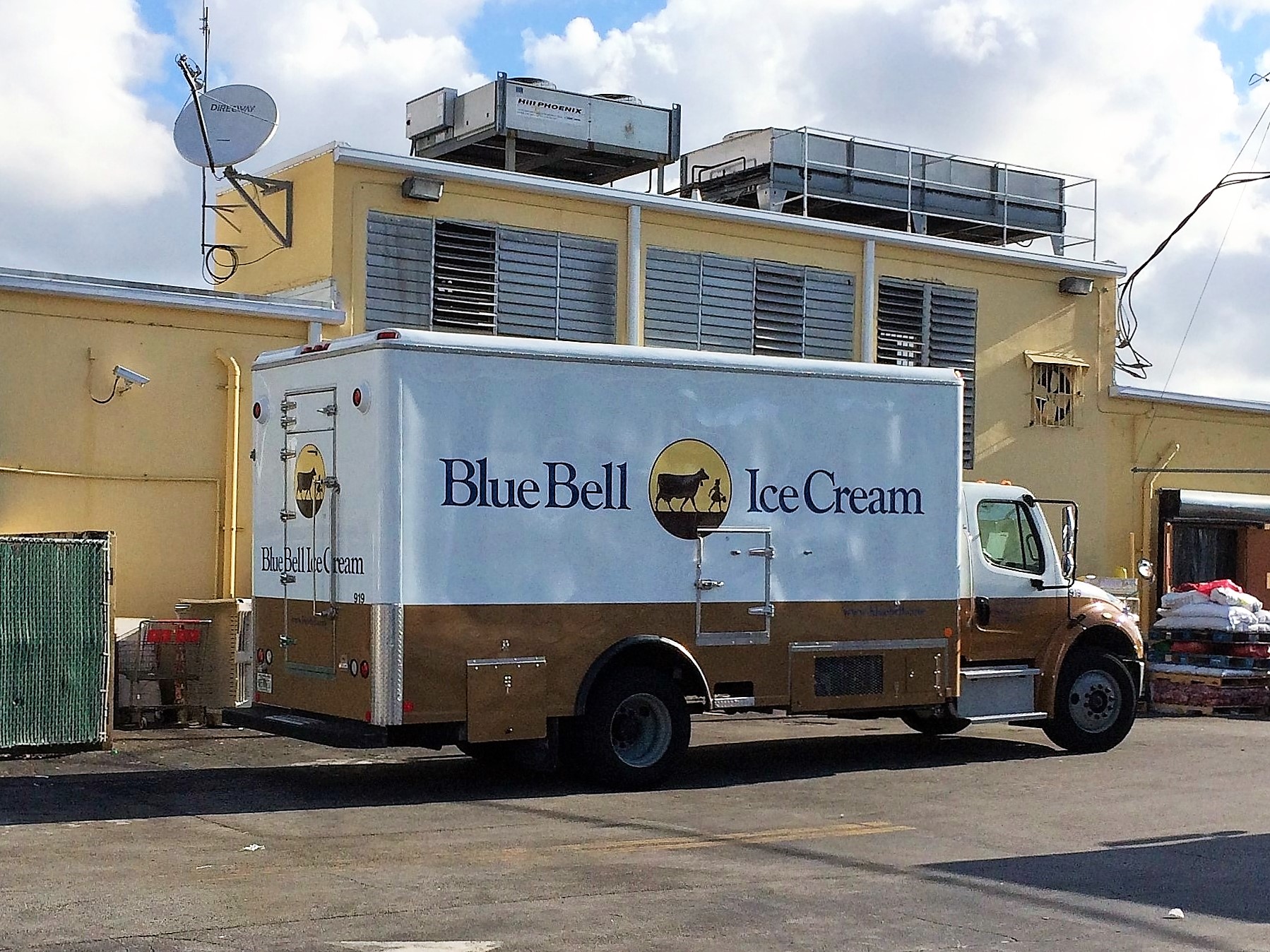Most Shocking Food Recalls in American History
In the intricate web of the food supply chain, safety is paramount. Yet, despite rigorous regulations and quality checks, food recalls are an inevitable reality. When a recall hits, it not only disrupts the market but also shakes consumer trust to its core. This article delves into the most shocking food recalls in American history, examining how these incidents unfolded, the impact they had, and the lessons learned. Food recalls often stem from contamination, mislabeling, or the presence of allergens, each posing serious health risks. The following sections will explore each case, providing insights into the complexities of food safety and the profound effects these recalls have had on both the industry and the public consciousness.
1. The Peanut Corporation of America Scandal

In 2009, the Peanut Corporation of America (PCA) was at the center of a massive recall that sent shockwaves across the nation. It was discovered that PCA had knowingly shipped contaminated peanut products, resulting in a salmonella outbreak. This scandal led to over 700 reported illnesses and at least nine deaths, prompting one of the largest food recalls in U.S. history. The incident exposed significant gaps in the regulatory oversight of food processing plants and led to a public outcry for stricter food safety laws. The PCA scandal underscored the importance of transparency and accountability in the food industry and served as a catalyst for the Food Safety Modernization Act.
2. The Blue Bell Ice Cream Listeria Outbreak

In 2015, Blue Bell Creameries faced a devastating recall after listeria was found in its ice cream products. The outbreak resulted in three deaths and several illnesses, leading to the first-ever recall in the company's century-long history. The contamination was traced back to unsanitary conditions in the production facilities. This recall highlighted the critical need for stringent hygiene practices in food manufacturing and spurred a nationwide discussion about the responsibilities of food companies to ensure consumer safety. Blue Bell's response, though initially criticized for its slowness, eventually set a precedent for how companies should handle such crises.
